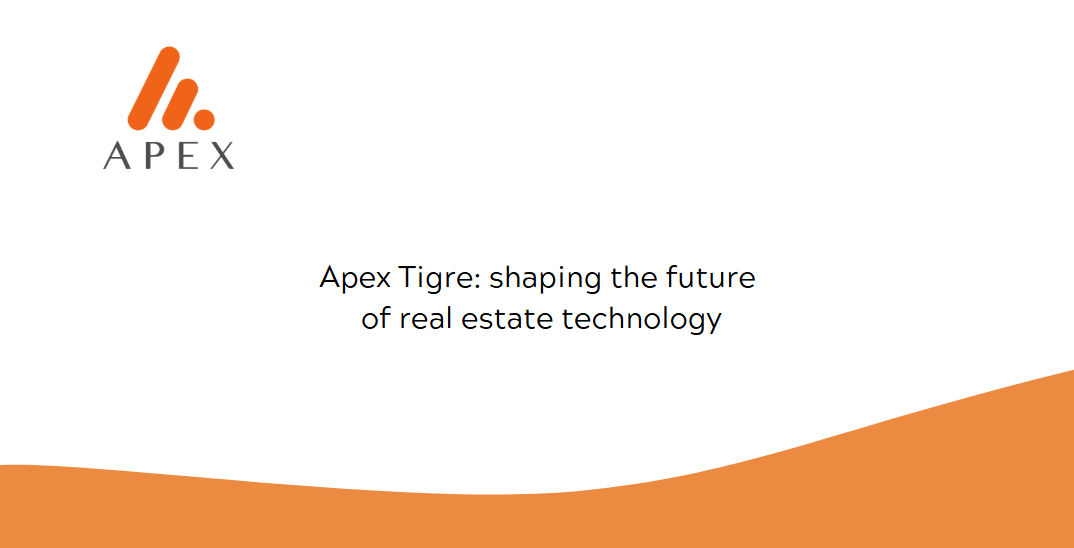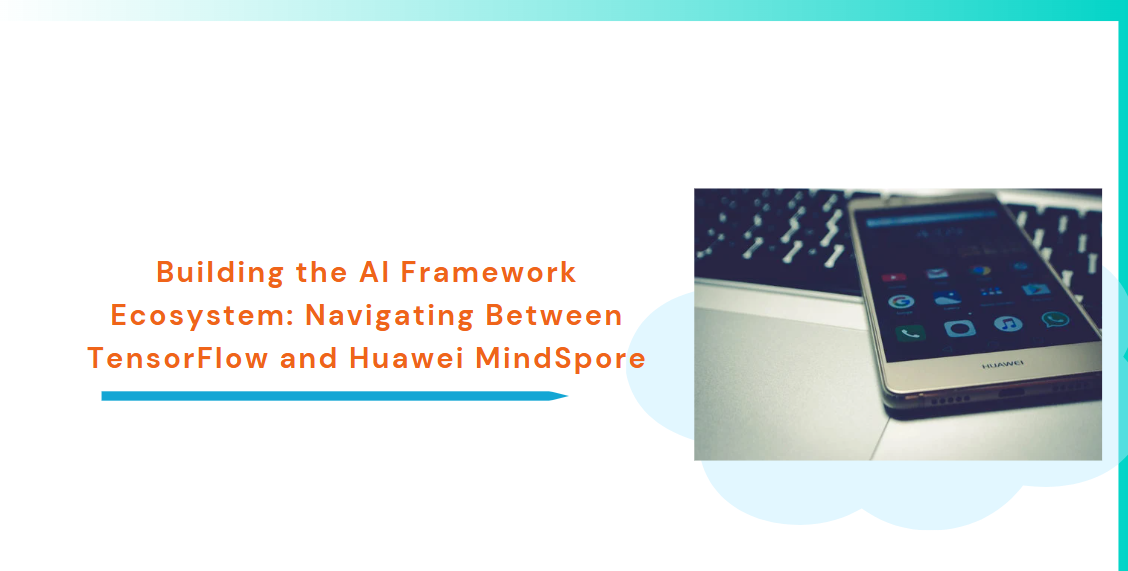High Performance Meets Edge Intelligence: Your Journey Through NVIDIA, IBM, and Intel Certifications
本文包含AI辅助创作内容
As deep learning models grow in complexity, compute demands and latency constraints have become the twin bottlenecks of innovation. Meanwhile, as intelligence penetrates IoT and mobile endpoints, real-time inference in resource-constrained environments has emerged as a critical frontier. High-performance computing (HPC) and edge AI now define the evolving trajectory of AI professionals. This article explores three certification pathways—NVIDIA Accelerated Computing, IBM AI Engineering, and Intel Edge AI Development—each unlocking a dimension of the cloud–edge–device continuum, from data center firepower to agile, real-world deployment.
I. Mastering the Firepower: NVIDIA Accelerated Computing Certifications
When training massive models or handling large-scale datasets, NVIDIA's GPUs and networking stack deliver near-atomic acceleration. NVIDIA’s structured certification system distills these capabilities into actionable skills—empowering professionals to move from simply following the pack to leading the charge.
1. Associate Level: Building the Foundations of Generative and Multimodal AI
NCA-GENL (Generative AI – LLMs)
Covers optimization of large language models (LLMs) on TensorRT, CUDA-based parallel inference, and fine-tuning using the NVIDIA NeMo framework.
NCA-GENM (Generative AI – Multimodal)
Focuses on deploying fused text-image-audio inference pipelines via Triton Inference Server, emphasizing low-latency and high-throughput service design.
Real-World Impact: An autonomous driving startup used NCA-GENM expertise to fuse camera and LiDAR data in real time, reducing inference latency from 120ms to 35ms—enabling Level 4 deployment.

2. Professional Level: Deep Dive into AI Networking and Infrastructure
NCP-AIN (AI Networking)
Focuses on InfiniBand, NVLink, and Spectrum-X architecture optimization to maximize multi-node, multi-GPU training bandwidth.
NCP-AII (AI Infrastructure)
Covers best practices for DGX clusters, GPU scheduling on Kubernetes, MIG (Multi-Instance GPU), and NCCL optimization.
NCP-AIO (AI Operations)
Treats ops as an art, testing candidates’ skills in capacity planning, fault diagnosis, and automated recovery using Fleet Command and DCGM tools.
Case Study: A leading research institute, backed by NCP-AII certified engineers, cut training costs by nearly 30% and boosted GPU node utilization from 60% to 90% using a DGX A100 cluster.
II. IBM AI Engineering Certificate: From Big Data to Production AI
IBM’s AI Engineering Professional Certificate emphasizes project-based learning across five core Coursera modules. It bridges big data analytics on Spark, deep learning with Keras and PyTorch, and deployment at scale with TensorFlow and Spark integration—culminating in a Capstone project.
1. Course Architecture: From Data Lakes to Deployed Services
Machine Learning with Python: Regression, classification, and ensemble techniques using scikit-learn.
Scalable ML on Spark: TB-scale log and time-series processing in Databricks.
Deep Learning Foundations: CNNs and RNNs built from scratch with Keras.
PyTorch in Practice: Dynamic graphs and custom operators.
Large-Scale TensorFlow: Multi-device training, model parallelism, and serving with TF Serving.
2. Capstone Project: Delivering Real-World Value as a Team
Participants form teams of 3–4 to tackle real-world problems—ranging from predictive maintenance and targeted marketing to healthcare monitoring. Deliverables include full-stack implementations and detailed technical documentation, all reviewed by industry mentors.
Takeaway: Beyond technical rigor, the Capstone cultivates cross-functional collaboration and project management skills in enterprise-grade scenarios.
III. Intel® Edge AI Developer Certification: Bringing AI to the Edge
Cloud computing delivers raw power, but the real challenge lies in making AI run gracefully on the edge. Intel’s Edge AI certification prepares developers to do just that—empowering intelligent performance on lightweight devices.
1. Core Competencies: From Quantization to Deployment
Model Quantization: Use OpenVINO to convert FP32 models to INT8 with minimal loss.
Inference Engines: Deploy on Movidius Myriad X or Xe LP-based hardware to accelerate execution.
Heterogeneous Compute: Coordinate CPU, GPU, and VPU workloads for optimal throughput and power efficiency.
Pipeline Integration: Embed inference services into Kubernetes Edge or Azure IoT Edge with seamless rolling updates.
2. Certification Process: Practice-Driven Assessment
Candidates must complete micro-courses and submit demo videos showing real-time inference, adaptive scheduling under bandwidth constraints, and energy-performance trade-offs. Annual updates are required to stay aligned with evolving toolchains.
Deployment Example: A major retailer deployed edge AI cameras powered by Myriad X, cutting customer flow prediction error from 15% to 4%—dramatically improving store operations.
Cloud–Edge–Device Synergy: Certifications That Build a Full-Stack AI Practice
High performance and edge intelligence aren't opposing tracks—they're complementary fronts. The real test lies in integrating them: training optimal models in the cloud, managing lifecycle operations centrally, and deploying pruned, quantized models to the edge with finesse.
NCP-AII / AIO holders architect and manage high-efficiency training clusters and automated AI ops pipelines.
IBM AI Engineering graduates bring data preprocessing and model deployment together in real-world, production-ready workflows.
Intel Edge AI experts complete the chain by deploying low-latency, auto-updatable models across devices using OpenVINO.
Together, these certifications form a closed-loop cloud → edge → device ecosystem—bringing AI from the core of data centers to the nerve endings of real-world industries
Epilogue: The Journey Is Just Beginning
From cloud to frameworks to edge deployment, we’ve explored the key battlegrounds of modern AI careers. As industry demands diversify and technologies evolve at breakneck speed, new cross-domain certifications and hybrid roles will continue to emerge. With the right credentials in hand—and a mindset rooted in continuous learning—you’ll stay ahead in the ever-shifting landscape of high-performance and edge AI.





















































First, please LoginComment After ~